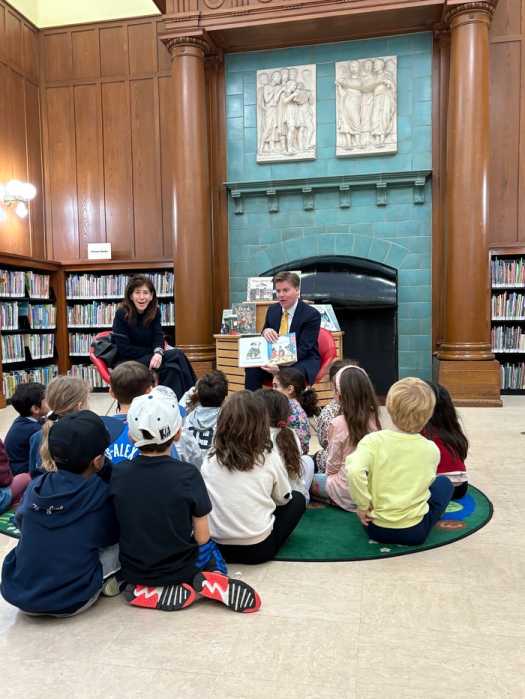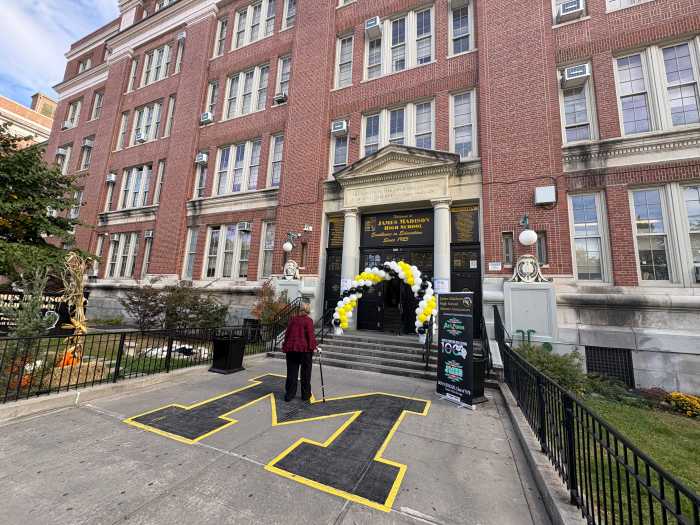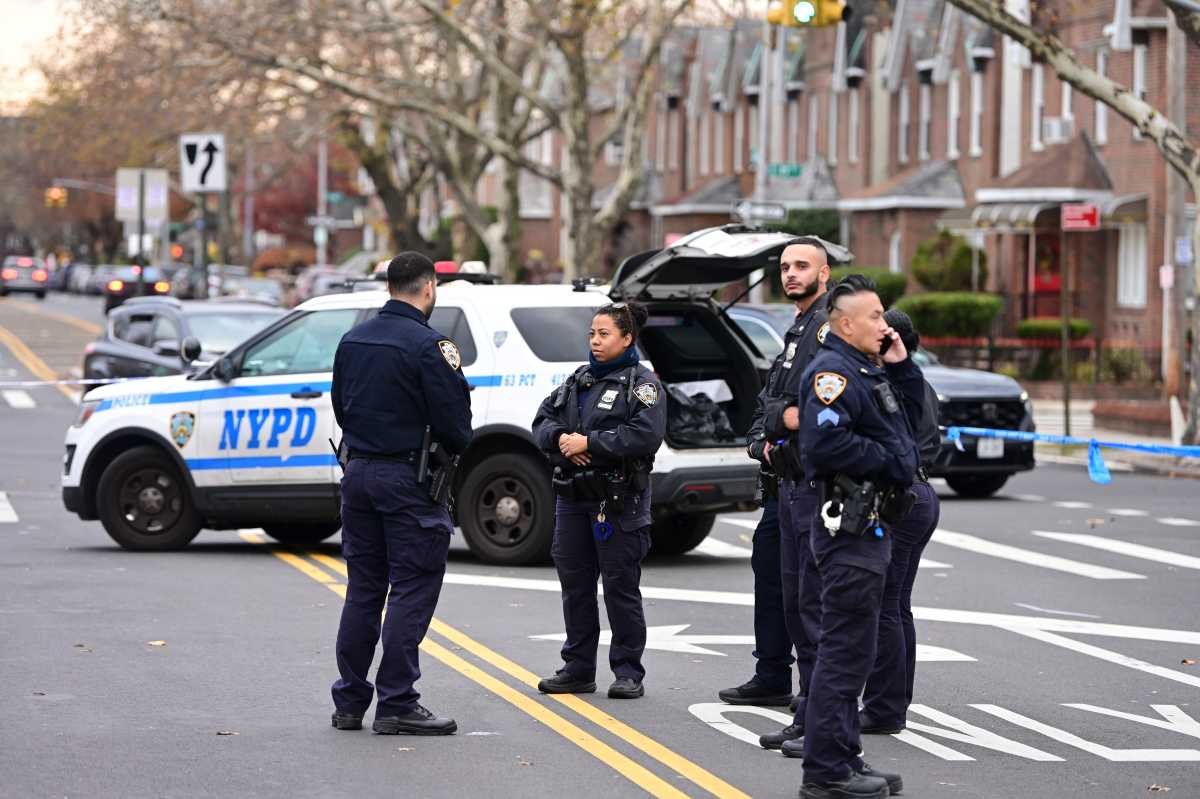My 15-year-old daughter ignores me, picks up her smartphone when I start talking to her, leaves the room when I bring up important issues, or simply tunes me out when I share some story from my day.
But I have found one tried-and-true way to communicate with her: old-fashioned letters.
She is away for a last summer at camp and I have been writing to her with renewed vigor and excitement. In my sometimes lengthy notes, I can share my observations of the changes in the season, the new restaurant on Henry Street, or the ridiculous things the dog did at the park — and my child has to read them all.
I can even share messages from grandparents, aunts and uncles, and related family stories without having to see my girl roll her eyes or put on headphones. If I manage to scatter information she really wants among my words, such as news from her friends, she’s my captive audience.
I want my daughter to know about what’s happening in the world while she has been hiking. I want to share bits of life at home. I want to connect with her, something that can be a struggle even when she’s sitting across the kitchen table.
There are moments when I’m certain I have so many things to tell my girl, important bits of experience that will help her, family lore that she needs to know. I feel greater pressure to get my messages through now that she is older and engages the world more and more on her own, but opportunities are limited.
The camp she goes to is a little primitive in its communications, allowing no e-mail, no webcams, no phone calls except for urgent cause. It is so retro using snail mail for the summer. My child is not the best correspondent but, thanks to her busy days filled with swimming and friends, letters home are a low priority. Still, I keep dropping an envelope in the corner mailbox every couple of days, hoping for a reply a week or two later.
I don’t really know that my girl reads my letters. They could be stuffed under her mattress or transformed into paper airplanes scattered through the woods. Just like my words to her at home, I don’t really know what gets through.
But my gut tells me that away from home with no television or computer, my camper must be excited when the envelopes appear, rushing to her bunk, pulling out the sheets and reading through my news for a few minutes. I certainly don’t want to miss any chance to communicate with my girl. The opportunities seem to get fewer and fewer every year and in the serious and the mundane, there is still so much to tell her.
Read The Dad every other Thursday on BrooklynPaper.com.

























